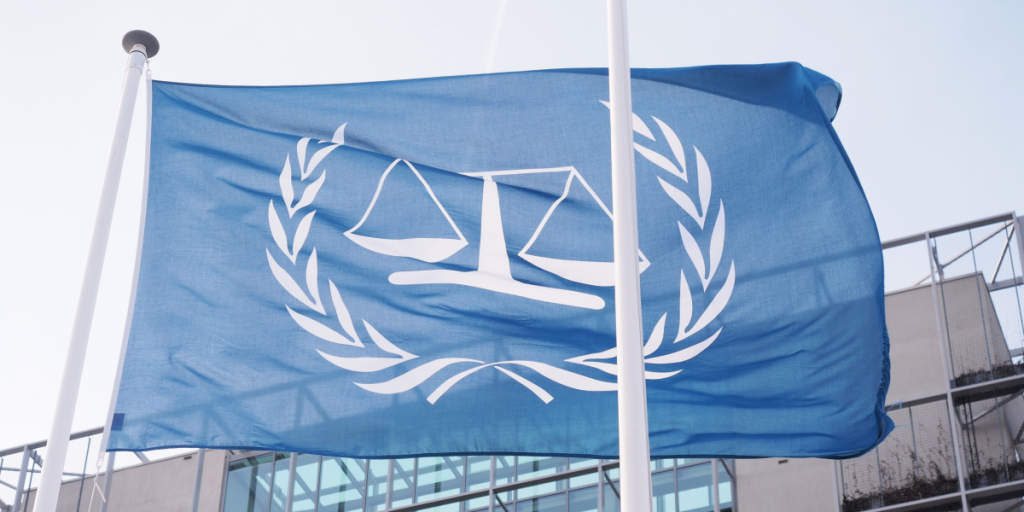It’s a mix of legal, political, and sovereignty-related reasons.
Others are reading now
It’s a mix of legal, political, and sovereignty-related reasons.
The International Criminal Court
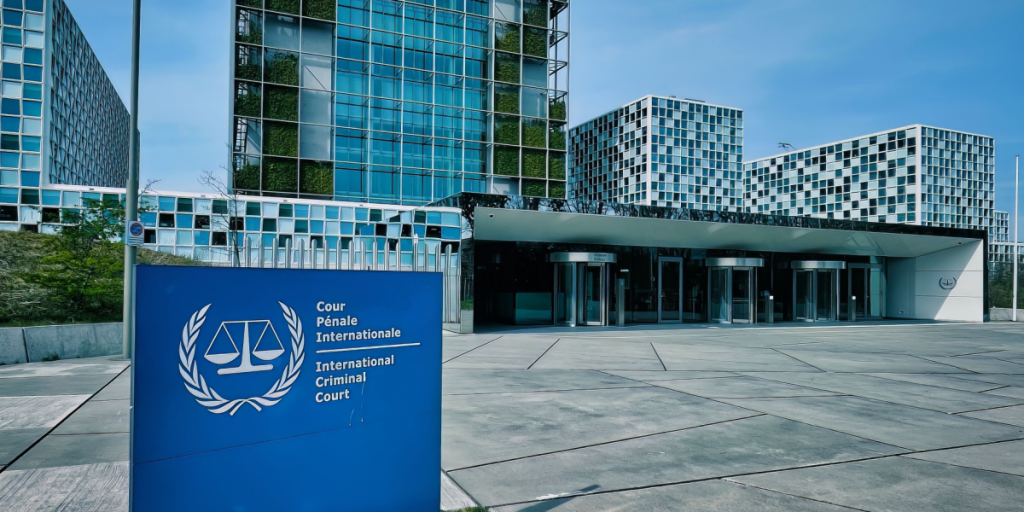
The International Criminal Court (ICC) was established under the Rome Statute in 2002 in The Hague, Netherlands.
It’s purpose is to prosecute individuals for international crimes such as genocide, war crimes and crimes against humanity.
As of October 2024, 125 countries are parties of the Rome Statute, but some notable nations are not on the list.
Notable non-members
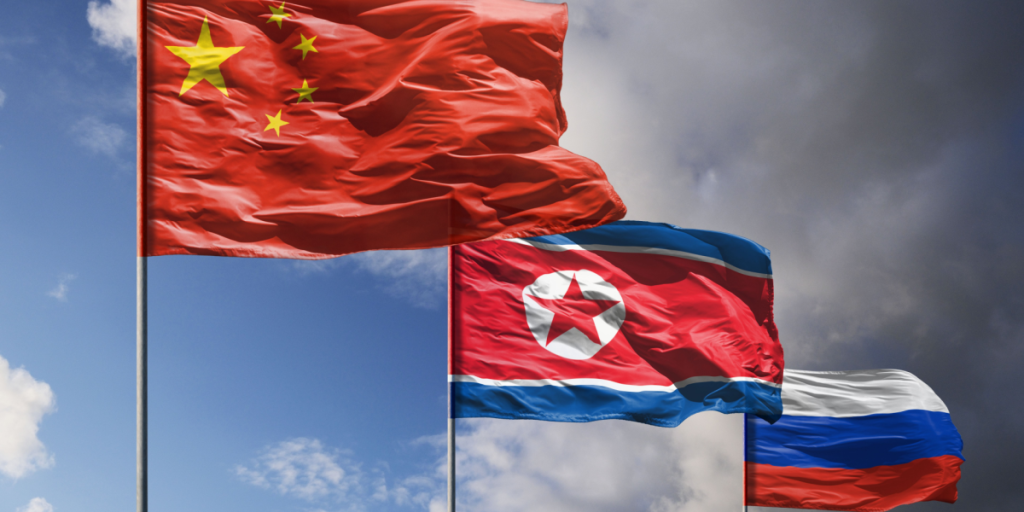
The ICC can generally exercise jurisdiction over crimes committed by nationals of States Parties or on the territory of a State Party.
Also read
No wonder countries like Russia, North Korea and China is not part of the Rome Statute.
But what about the U.S?

Basically all of Europe has ratified the Rome Statue, so has Canada and Mexico and most of South America.
But the Western Superpower of them all, the United States, have not ratified it.
So why is that?
Concerns over sovereignty

The U.S. government has long argued that joining the ICC would undermine American sovereignty.
Also read
The ICC has the authority to prosecute individuals, including heads of state, for war crimes, genocide, and crimes against humanity.
U.S. leaders worry that this could allow foreign judges to prosecute American military personnel, government officials, or even presidents, without U.S. approval.
Fear of politically motivated prosecutions

The U.S. has voiced concerns that the ICC might be used as a political tool.
Given the U.S.’s global military presence, American officials worry that hostile states or political rivals could bring cases against U.S. soldiers or policymakers.
Even if prosecutions lacked merit, the mere process could harm the U.S.’s reputation and constrain its foreign policy.
Also read
Legal and constitutional issues
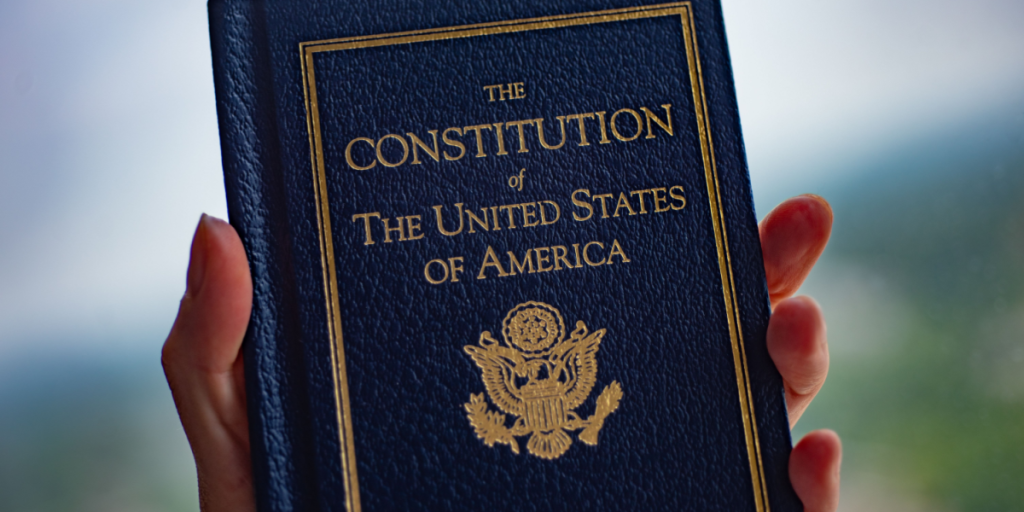
The U.S. has raised constitutional objections:
The ICC operates independently of national legal systems, and the U.S. argues this could bypass its constitutional safeguards (like trial by jury and other due process rights).
The U.S. believes that its own military and judicial systems are capable of prosecuting crimes committed by Americans, making ICC jurisdiction unnecessary.
Legislative opposition and laws
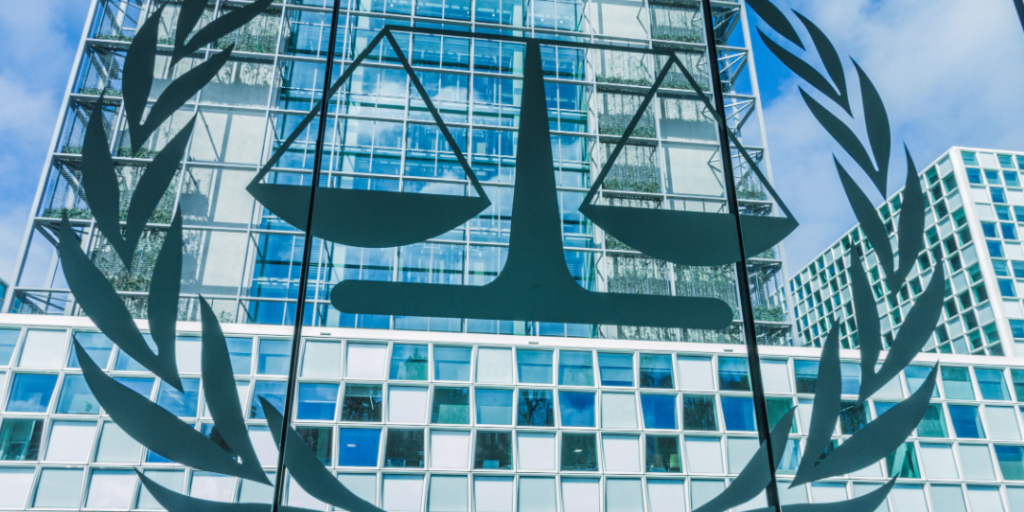
Congress has taken steps to distance the U.S. from the ICC:
In 2002, the U.S. passed the American Service-Members’ Protection Act (sometimes nicknamed the “Hague Invasion Act”).
Also read
It restricts U.S. cooperation with the ICC and even authorizes the use of force to free Americans held by the Court.
Selective engagement
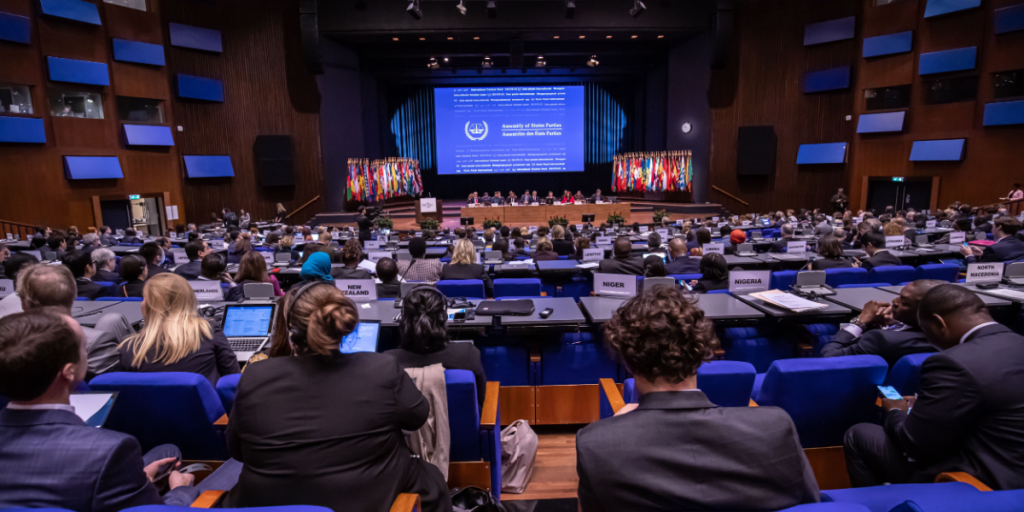
Although the U.S. is not a member of the ICC, it has sometimes cooperated with the Court when it aligned with American interests.
For example, Washington has supported ICC investigations into atrocities committed in places like Sudan and Libya.
But it consistently resists any ICC inquiry into U.S. actions, such as those in Afghanistan or regarding the Israel/Palestine conflict.
In summary

The U.S. does not support the ICC because it fears loss of sovereignty, politically motivated cases against its citizens, and constitutional conflicts.
Also read
While it occasionally supports ICC efforts against other states, it refuses to submit Americans to the Court’s jurisdiction.

